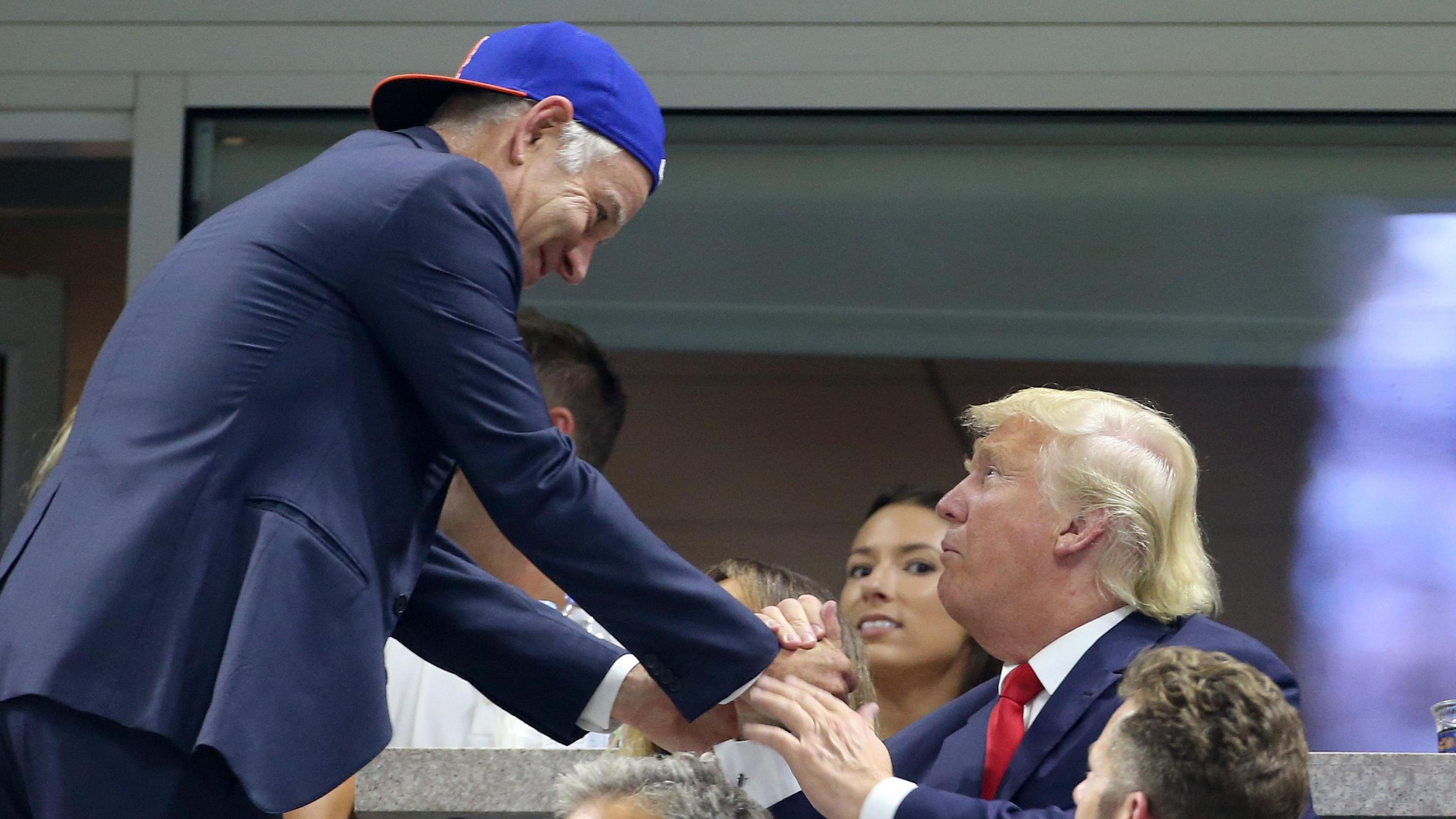In a developing legal case that could shape the future of artificial intelligence in the creative sector, a federal judge in New York has allowed a class action lawsuit filed by two voice-over artists, Paul Skye Lehrman and Linnea Sage, to move forward against AI voice startup Lovo Inc. The artists assert that their voices were used inappropriately as training data for Lovo's technology, which generates text-to-speech applications.
Though the judge dismissed certain claims relating to federal copyright, the artists' allegations regarding breach of contract and deceptive business practices remain active, indicating a significant development for advocates of creative rights. Lovo had sought to dismiss the entire case, which has not yet prompted a public response from the company.
Lehrman and Sage's attorney, Steve Cohen, described the ruling as a significant victory, expressing optimism that a jury will ultimately hold the AI sector accountable for misusing artists' work. The couple's lawsuit stems from concerns about their voices being replicated and monetized without consent after they became aware of similar-sounding voices being sold on Lovo's platform.
The artists were initially approached by Lovo employees through the freelance site Fiverr, where they were told their recordings would be used strictly for internal research and testing purposes. However, they later discovered their voices being used in external content, prompting their legal action.
Mr. Lehrman recalled the shocking moment they realized their replicated voices were being played back in a podcast, prompting the couple to question the ethics of AI's encroachment on human artistry. The lawsuit is now advancing in the US District Court in Manhattan, amidst a wider discourse on the impact of AI on the creative industries.
Though the judge dismissed certain claims relating to federal copyright, the artists' allegations regarding breach of contract and deceptive business practices remain active, indicating a significant development for advocates of creative rights. Lovo had sought to dismiss the entire case, which has not yet prompted a public response from the company.
Lehrman and Sage's attorney, Steve Cohen, described the ruling as a significant victory, expressing optimism that a jury will ultimately hold the AI sector accountable for misusing artists' work. The couple's lawsuit stems from concerns about their voices being replicated and monetized without consent after they became aware of similar-sounding voices being sold on Lovo's platform.
The artists were initially approached by Lovo employees through the freelance site Fiverr, where they were told their recordings would be used strictly for internal research and testing purposes. However, they later discovered their voices being used in external content, prompting their legal action.
Mr. Lehrman recalled the shocking moment they realized their replicated voices were being played back in a podcast, prompting the couple to question the ethics of AI's encroachment on human artistry. The lawsuit is now advancing in the US District Court in Manhattan, amidst a wider discourse on the impact of AI on the creative industries.




















